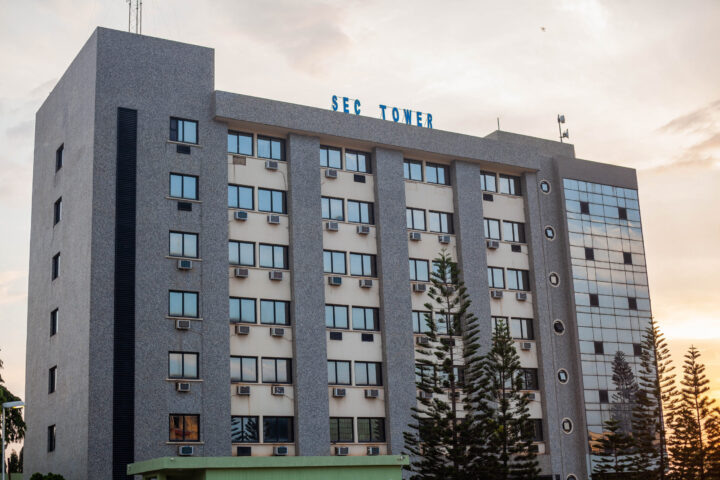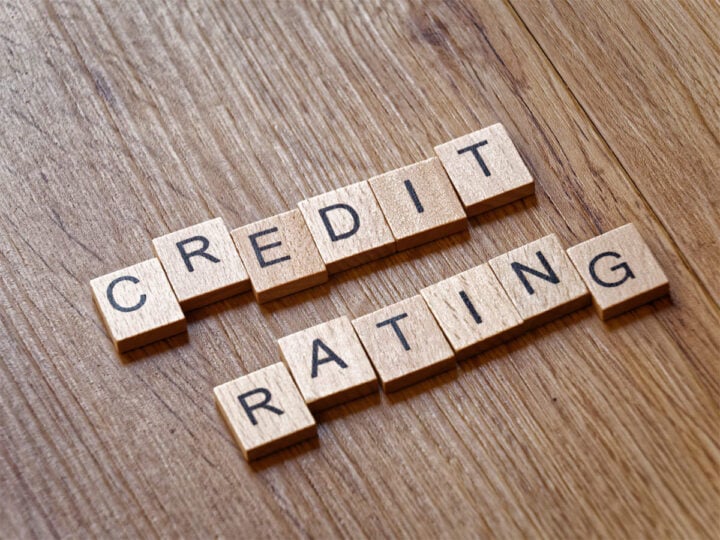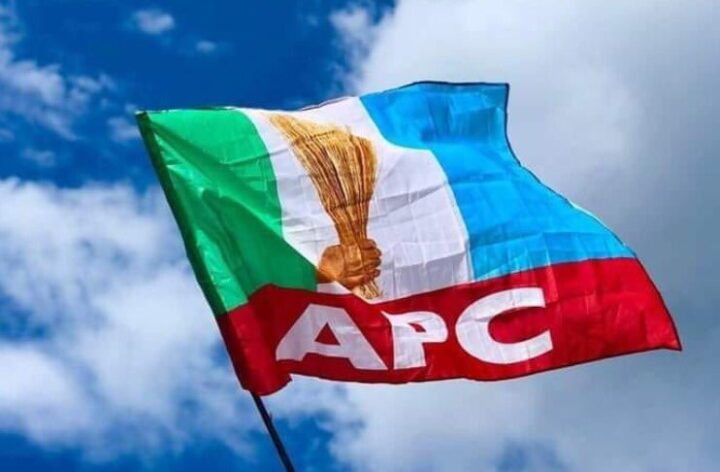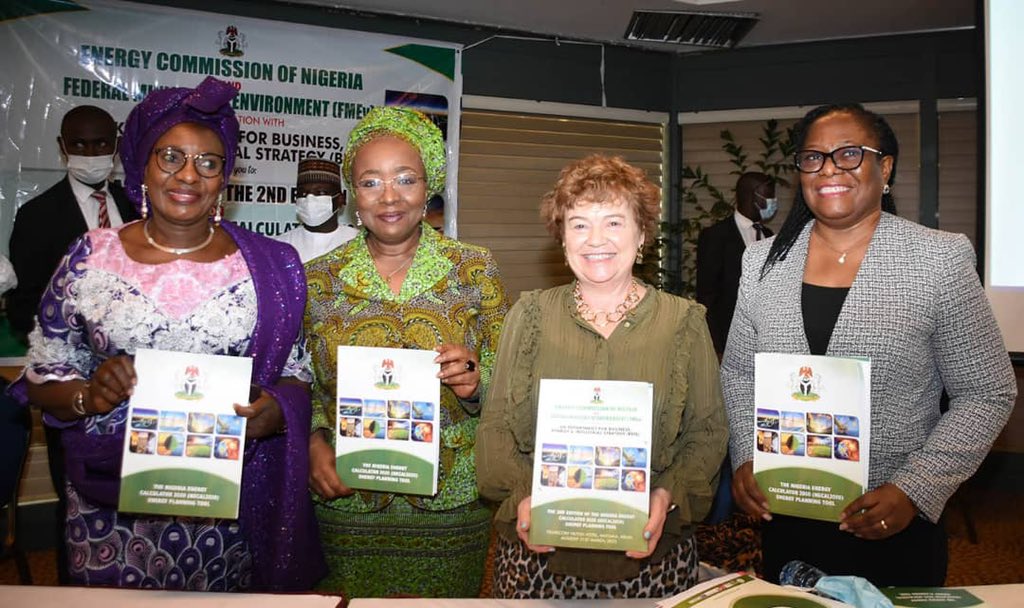Last month, Moody’s Global Services concluded plans to acquire a 51 percent majority stake in Global Credit Rating Company Limited (GCR) to boost Africa’s credit rating sector and provide a ground for investors to make informed investment decisions.
GCR operations span the continent, including South Africa, Nigeria, Senegal, Kenya, and Mauritius.
Abimbola Adeseyoju, managing director, DataPro, a Nigerian-based rating agency, lauded the development, describing it as a win for the industry.
Adeseyoju said Moody’s presence in Nigeria would draw traffic to rating potentials and value propositions and open up more possibilities.
Advertisement
WHAT IS A CREDIT RATING?
Credit rating is an assessment of a borrower’s creditworthiness in general terms or to a particular debt or financial obligation.
In simple terms, it is used to determine if a company can pay back its debt obligations.
Advertisement
Credit rating, essentially, “is an opinion about an entity’s ability to meet its obligations,” Oladele Adeoye, executive director, DataPro, said.
“This also includes instruments issued by them.”
RATING AGENCIES IN NIGERIA
Rating agencies are companies established to provide an objective assessment of the financial strength of companies and their ability to pay their debts.
Advertisement
TheCable understands that the rating industry recognises only three major world players — Moody’s, Standard & Poor’s (S&P) and Fitch-IBCA.
These agencies originated from the United States and have extended tentacles following the dramatic growth of international financial markets.
In Nigeria, there are only three agencies approved by the Securities and Exchange Commission (SEC). They include Agusto and Co., DataPro Limited, and Global Credit Rating (GCR), all established in 1992, 1995, and 1996, respectively.

Advertisement
WHY ONLY THREE AGENCIES?
Oladele Adeoye, executive director, DataPro, said there are very few global players, and Nigeria’s case is not peculiar.
Advertisement
He, however, linked it to regulatory issues.
“Rating is a regulated business and that implies that it is not an all-comers-affairs. There are certain criteria and capacity to be demonstrated in terms of technicality and character before you are licensed to operate,” he said.
Advertisement
“Except until recently, it is not a business that can be solely relied on for survival. In my opinion, these are a few of the reasons for having few players.”
Adebisi Ajiboye, pioneer managing director of Global Credit Rating (GCR), told TheCable that the Nigerian market is too small to even have three agencies, compared to the U.S., the biggest economy in the world, with just four agencies.
Advertisement
According to him, the business volume is small, and two of the three agencies in Nigeria depend on other businesses for sustainability.
“And I am saying that the available volume of rating business is very small even for that number and that two of the rating agencies depend on other lines of businesses for growth,” he said.
HOW DOES RATING WORK?
Agencies guide investors by assigning rating grades to companies. The rating grades assigned to an entity show the agency’s level of confidence that the borrower will honour its debt obligations as agreed.
Rating grades range from D to AAA, with D being the least, and the interpretation of the grades is based on the agency’s standards.
According to the DataPro’s rating guide, the long-term risk indicator is adivided into eight bands ranging from AAA through DD.
Each band could be modified by + or –. With + representing slightly less risk than –.
“Such suffixes are not added to the ‘AAA’ long-term rating category and categories below ‘CCC’. Or to short-term rating older than A1+,” the guide reads.
The ‘AAA’ rating category means ‘lowest risk’; the ‘AA’ rating means ‘lower risk’; and ‘A’ stands for low risk.
‘BBB’ rating category stands ‘slight risk’; ‘BB’ means moderate risk, and ‘B’ means high risk. Similarly, rating grade ‘CCC’ means ‘higher risk’; DD shows ‘highest risk.’

WHY DOES IT MATTER IN AN ECONOMY
Credit rating agencies are an integral part of modern capital markets.
The assessments on sovereign and corporate entities have been increasingly used as benchmarks by regulators and investors.
According to Adeoye, the user of the fund provides all manner of information to justify why the lenders should part with their funds.
“The lenders often find it difficult to sift through that information and make up their mind on parting with funds. Therefore, rating agencies add value to the financial market by reducing information asymmetry and aid quick decision making,” he said.
Although rating only serves as a guide and not a perfect substitute for investors’ judgement, it helps in building the confidence of investors, thereby encouraging the flow of credit to a productive segment of the economy.
It is also a yardstick for the rated company to recognise its weaknesses and promptly address them, thereby generating employment. A rating can also promote healthy competition as it is an easy basis for comparing organisations operating within a similar sector.
PROJECTIONS FOR NIGERIA’S RATINGS INDUSTRY
Despite strong regulations, experts opine that there are growth opportunities for Nigeria’s rating agencies.
The growth trajectory, according to them, could be enhanced if there is self-realisation on the part of organisations without regulatory’s push.
In terms of projections, they believe that the industry will share the same growth trend with the economy in general, adding that as long as there are needs to expand the economy using credit, there will also be a need for credit rating services.
Add a comment






